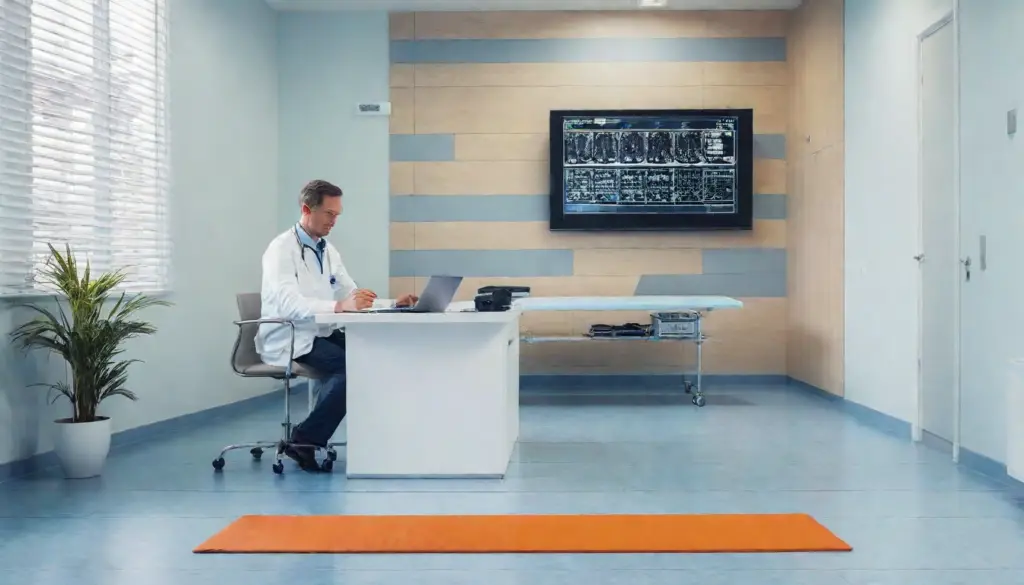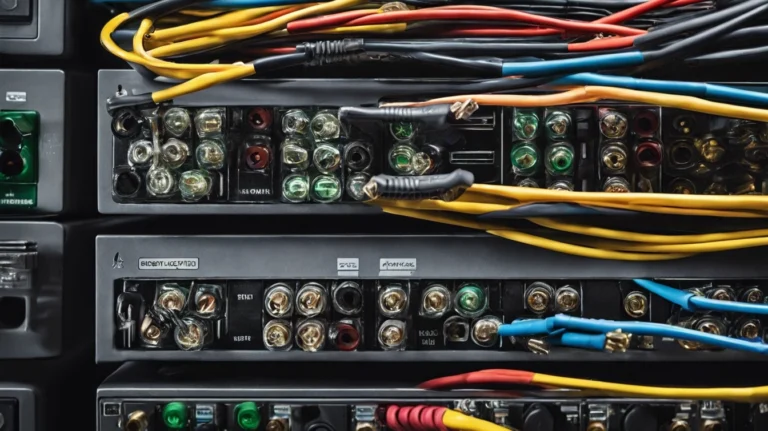In today’s healthcare landscape, privacy is paramount. Patients share deeply personal and sensitive information with their doctors, expecting confidentiality not only in how their medical records are handled but also in how their conversations are protected. Health Insurance Portability and Accountability Act (HIPAA) regulations mandate stringent privacy standards to safeguard this information, and healthcare providers must implement effective measures to ensure compliance.
One often overlooked aspect of HIPAA compliance is the protection of oral conversations between patients and healthcare providers. With open layouts, thin walls, and high foot traffic in modern medical offices, maintaining auditory privacy can be a challenge. This is where sound masking technology plays a critical role.
What Is Sound Masking?
Sound masking is the strategic use of low-level background noise to cover or “mask” conversations, making them less intelligible to unintended listeners. It creates an environment where private discussions are less likely to be overheard. Think of it as a way to fill the gaps in ambient noise, ensuring that what is said in one room stays within that space.
While background music or white noise may seem like an alternative, sound masking is specifically engineered to enhance speech privacy by targeting the frequency range of human speech, making it more effective in healthcare settings.
Why Sound Masking is Critical for HIPAA Compliance
Under HIPAA, healthcare providers are responsible for ensuring that patient information is kept private, whether it is spoken, written, or stored electronically. Conversations about diagnoses, treatments, and personal medical history are considered Protected Health Information (PHI) and fall under HIPAA’s strict guidelines.
Failure to protect verbal exchanges can result in violations, which come with hefty fines and the potential loss of trust between patients and healthcare providers. Sound masking can play a vital role in ensuring that conversations are not overheard, which is a critical element of HIPAA’s mandate to protect PHI.
Benefits of Sound Masking for Doctor-Patient Communication
- Enhanced Speech Privacy
Sound masking reduces the distance at which conversations can be understood, ensuring that private medical discussions stay within a designated area. This is especially important in settings like open-plan offices, shared rooms, or thin-walled consultation rooms. - Improved Patient Comfort
Patients may hesitate to share sensitive details if they fear being overheard. By implementing sound masking, healthcare providers create a safer, more private environment where patients feel comfortable speaking openly about their medical concerns. - HIPAA Compliance Support
Sound masking helps organizations demonstrate compliance with HIPAA’s physical safeguards, as it shows proactive measures to protect patient conversations. This can be invaluable during audits or compliance reviews. - Cost-Effective Solution
Compared to extensive soundproofing construction, sound masking is an affordable and non-invasive solution. It can be implemented in existing spaces without the need for significant structural changes, making it ideal for clinics, hospitals, and other healthcare facilities.
Real-World Applications of Sound Masking in Healthcare
Sound masking can be particularly useful in various healthcare environments:
- Clinics and Medical Offices: Where conversations between doctors and patients in adjacent rooms may be overheard.
- Hospitals: In shared rooms or areas with high foot traffic, like nursing stations or waiting rooms.
- Pharmacies: Where patient medication information is discussed openly at the counter.
- Telehealth: For video or phone consultations conducted in offices that may not be fully soundproof.
The Teksetra Difference
At Teksetra, we understand the importance of privacy in healthcare. Our sound masking solutions are tailored to meet the specific needs of healthcare providers, helping them create secure, comfortable environments for their patients. From consultation rooms to shared spaces, our systems are designed to support HIPAA compliance while improving the overall patient experience.
By integrating sound masking technology into your practice, you not only protect sensitive conversations but also foster a culture of trust and confidentiality — cornerstones of effective patient care.
If you’re ready to enhance privacy and ensure HIPAA compliance with sound masking, contact Teksetra today to learn more about our customized solutions for healthcare providers.
Sound masking isn’t just about meeting regulatory requirements — it’s about safeguarding the trust between patients and providers. In a world where privacy breaches can erode that trust, taking proactive measures like sound masking is a simple yet effective way to ensure that sensitive conversations remain private, protected, and compliant with HIPAA standards.





